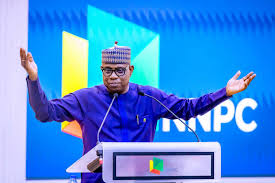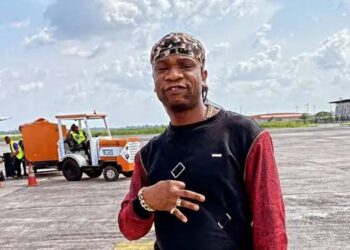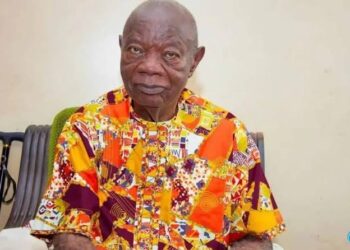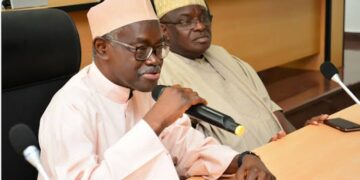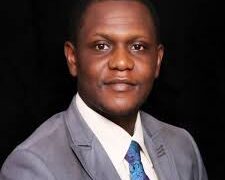Recent reports have emerged suggesting that the Group Chief Executive Officer (GCEO) of the Nigerian National Petroleum Company Limited (NNPCL), Bayo Ojulari, was allegedly pressured into signing a resignation letter on Friday night by operatives of the Economic and Financial Crimes Commission (EFCC).
The incident, which some sources described as a ‘civilian coup,’ is said to have taken place without presidential authorisation, with EFCC Chairman Ola Olukoyede and DSS Director-General Adeola Ajayi reportedly overseeing the operation.
The Presidency has denied the allegations. Special Adviser to the President, Bayo Onanuga stated on Saturday that Ojulari remains the substantive head of NNPCL. Ojulari was appointed in April 2025 to lead reforms within the organisation.
Efforts to verify the reports with EFCC spokesman Dele Oyewale were unsuccessful, as he did not respond to calls or messages as at time of filing this report.
The controversy stems from allegations surrounding a $21 million (?34.65 billion) corruption scandal. Civil society groups, including OilWatch Nigeria and the Workers’ Rights Alliance, have called for Ojulari’s arrest and prosecution.
These groups referred to claims that Abdullahi Bashir Haske, a detained associate, allegedly confessed to holding the funds on Ojulari’s behalf. At a press conference on 31 July at EFCC headquarters, the coalition accused Ojulari of economic sabotage, citing the prolonged shutdown of Nigeria’s refineries and alleged plans to privatise NNPCL assets.
The groups have launched a three-day protest, beginning 1 August, at the National Assembly, NNPCL headquarters, and EFCC offices, to press their demands.
Meanwhile, additional allegations pointed a $21 million kickback scheme involving oil traders and pipeline contractors, reportedly uncovered after Ojulari reassigned fund collection responsibilities. This prompted a whistleblower to alert the EFCC, which subsequently froze the implicated account.
The Socio-Economic Rights and Accountability Project (SERAP), in May 2025, had urged both the EFCC and the Independent Corrupt Practices Commission (ICPC) to investigate claims that N500 billion was not remitted by NNPCL to the Federation Account between October and December 2024.
However, groups such as the the Human Rights Writers Association of Nigeria (HURIWA) and Coalition for Good Governance and Change Initiatives (CGGCI) have defended Ojulari, suggesting that the protests may be politically motivated efforts to derail his reform agenda.
They commended initiatives under Ojulari’s leadership, including real-time monitoring systems, audits of previously opaque contracts, and efforts to stabilise fuel supply, which have reportedly reduced queues at petrol stations. These groups have called on President Tinubu to support Ojulari’s anti-corruption efforts.
Further, critics have raised concerns about alleged lavish spending, including a high-cost retreat in Kigali involving private jets, as well as claims of a difficult work environment that has led to staff resignations.
The Niger Delta Environmental Justice Coalition (NDEJC) criticised the reported EFCC-DSS operation, describing it as politically driven. However, the group acknowledged Ojulari’s contributions to boosting oil production and remittances.
As of 9:30pm on Saturday, the EFCC has not issued an official statement confirming Ojulari’s arrest or prosecution, leaving the situation unclear amid competing claims.


